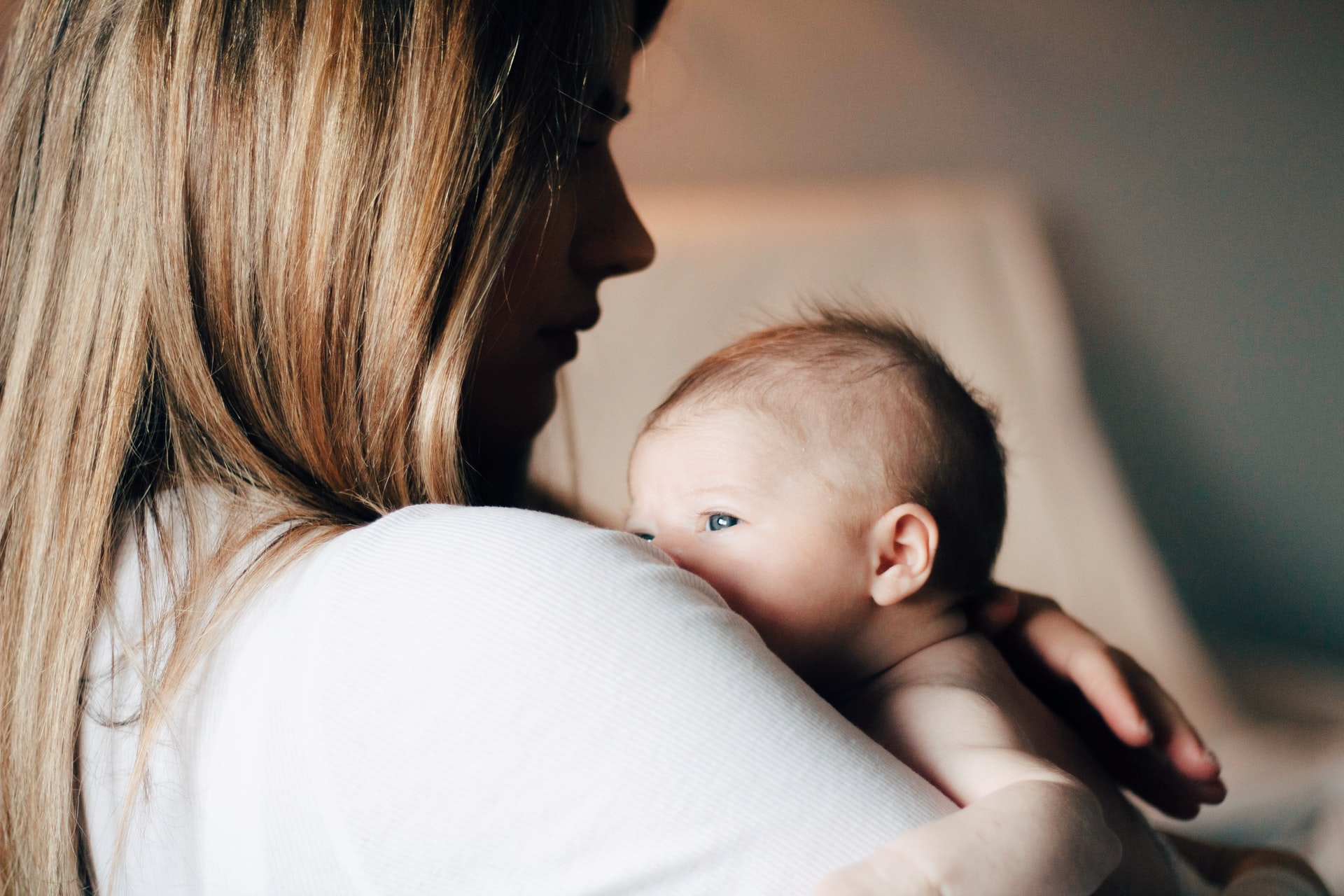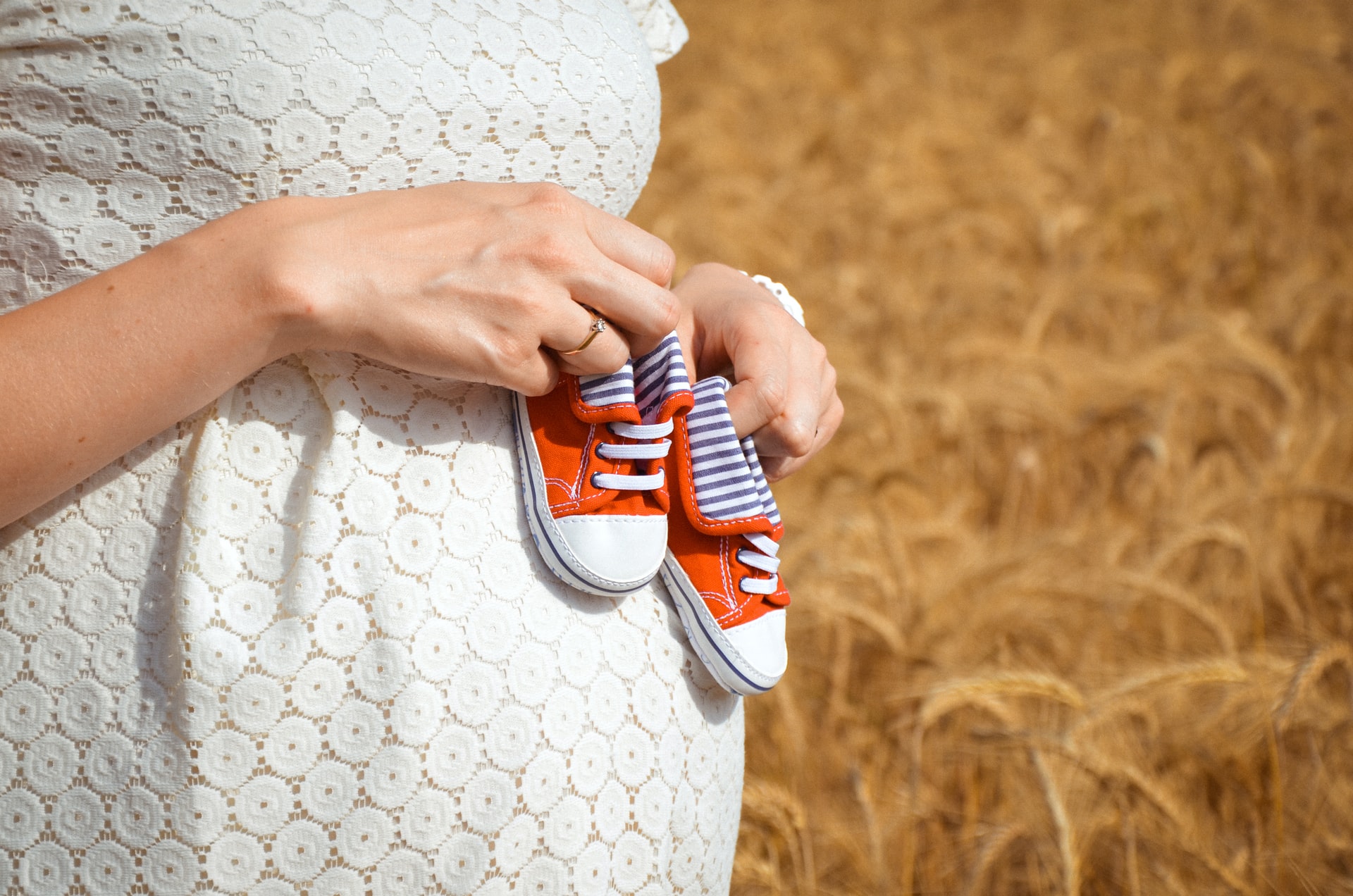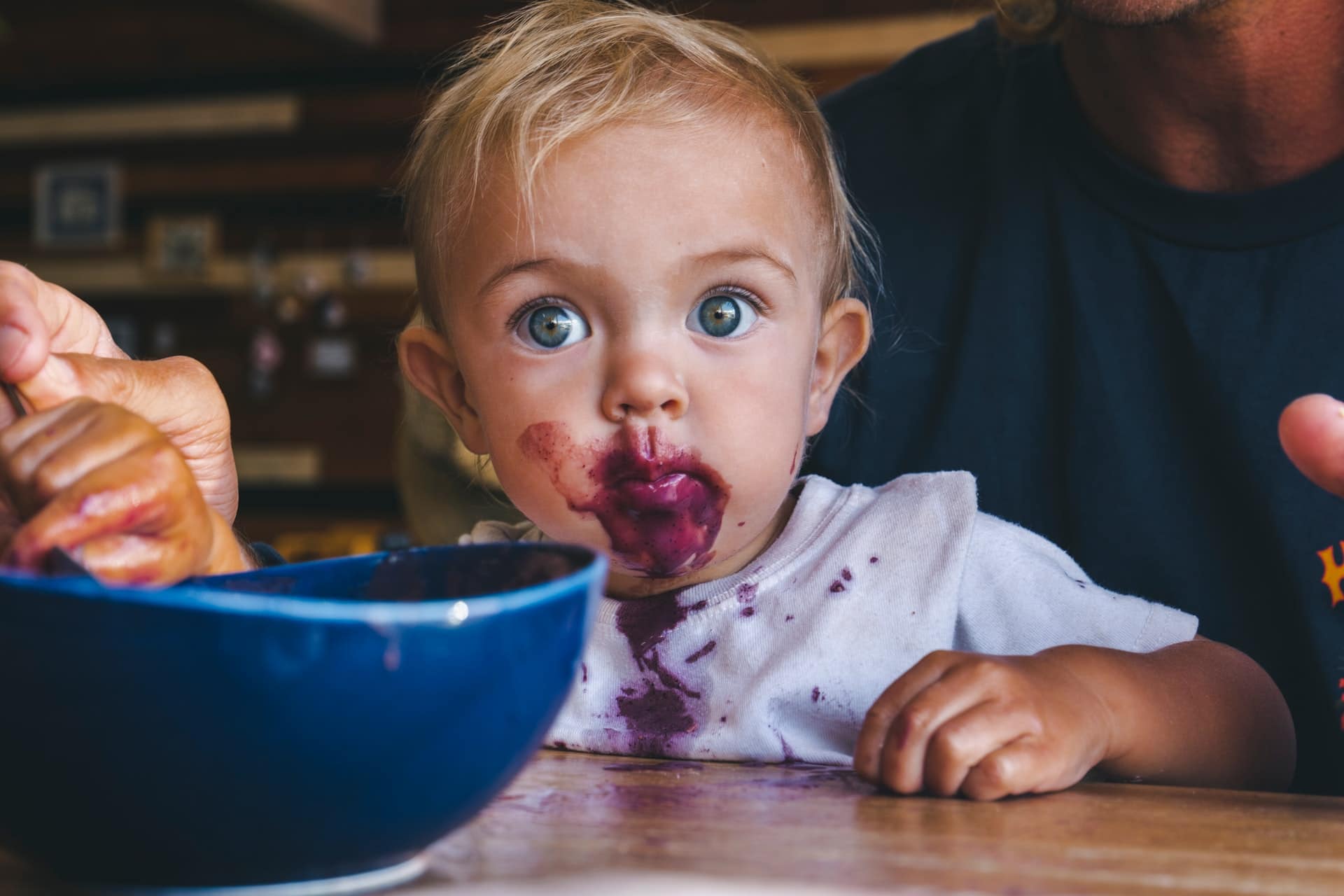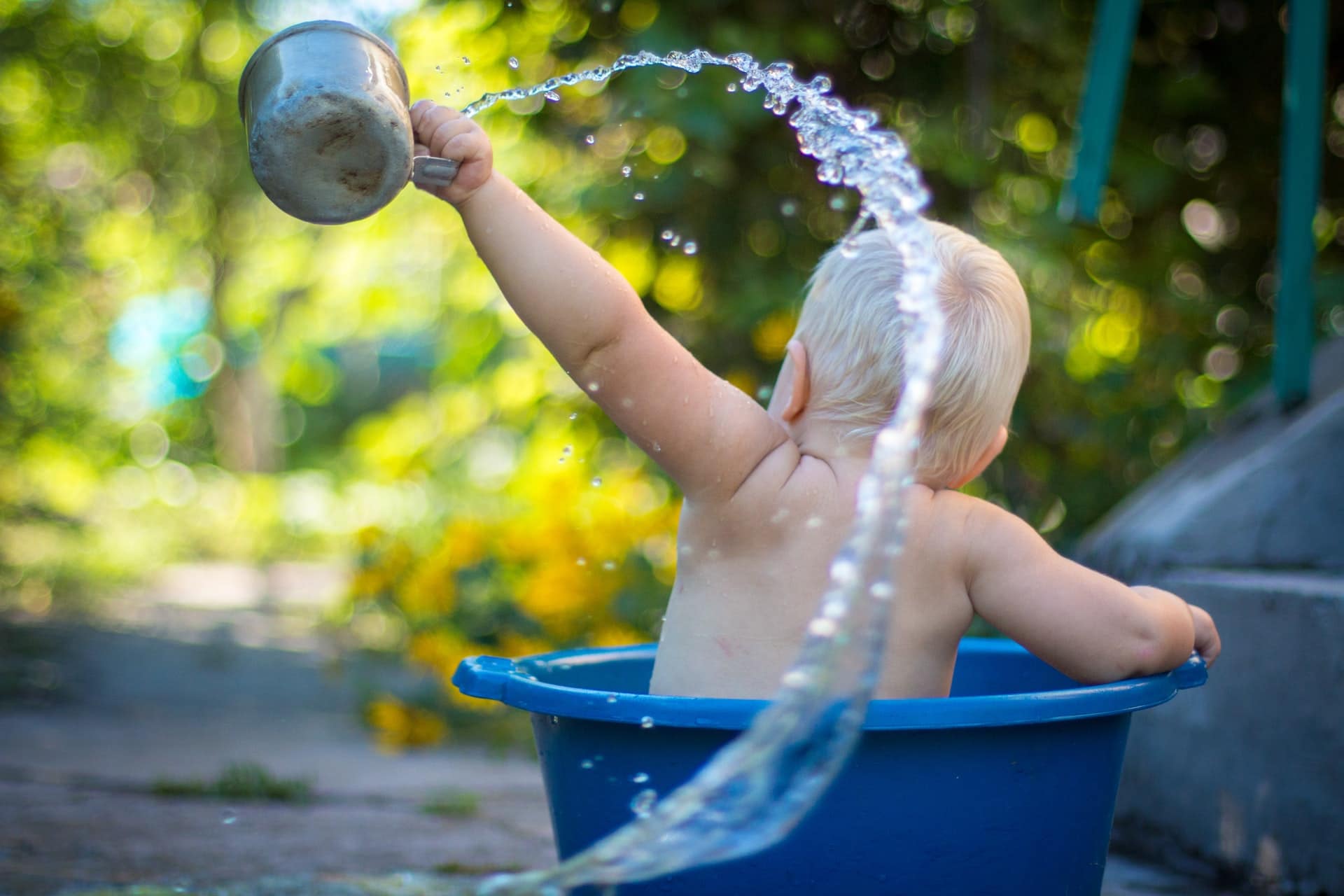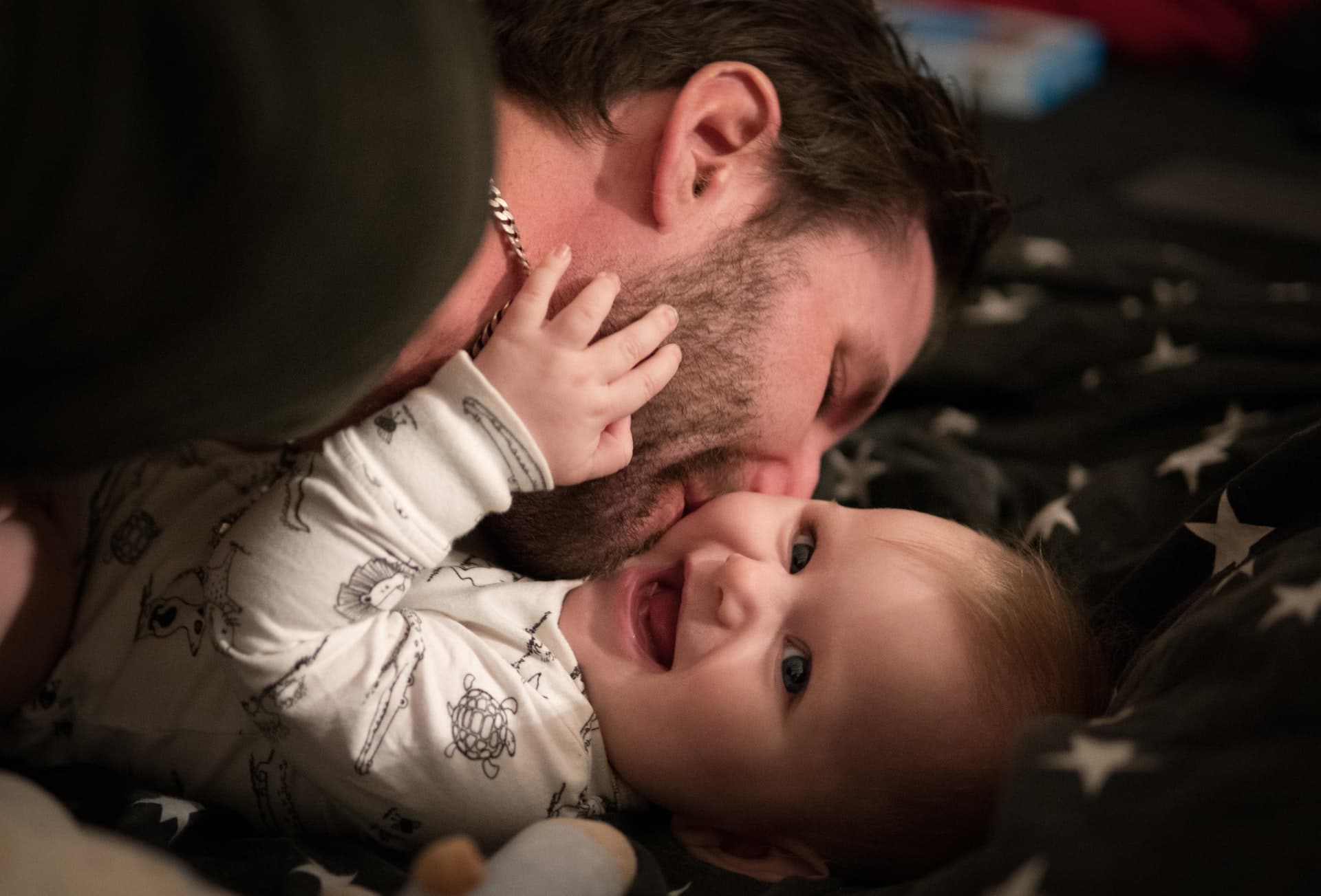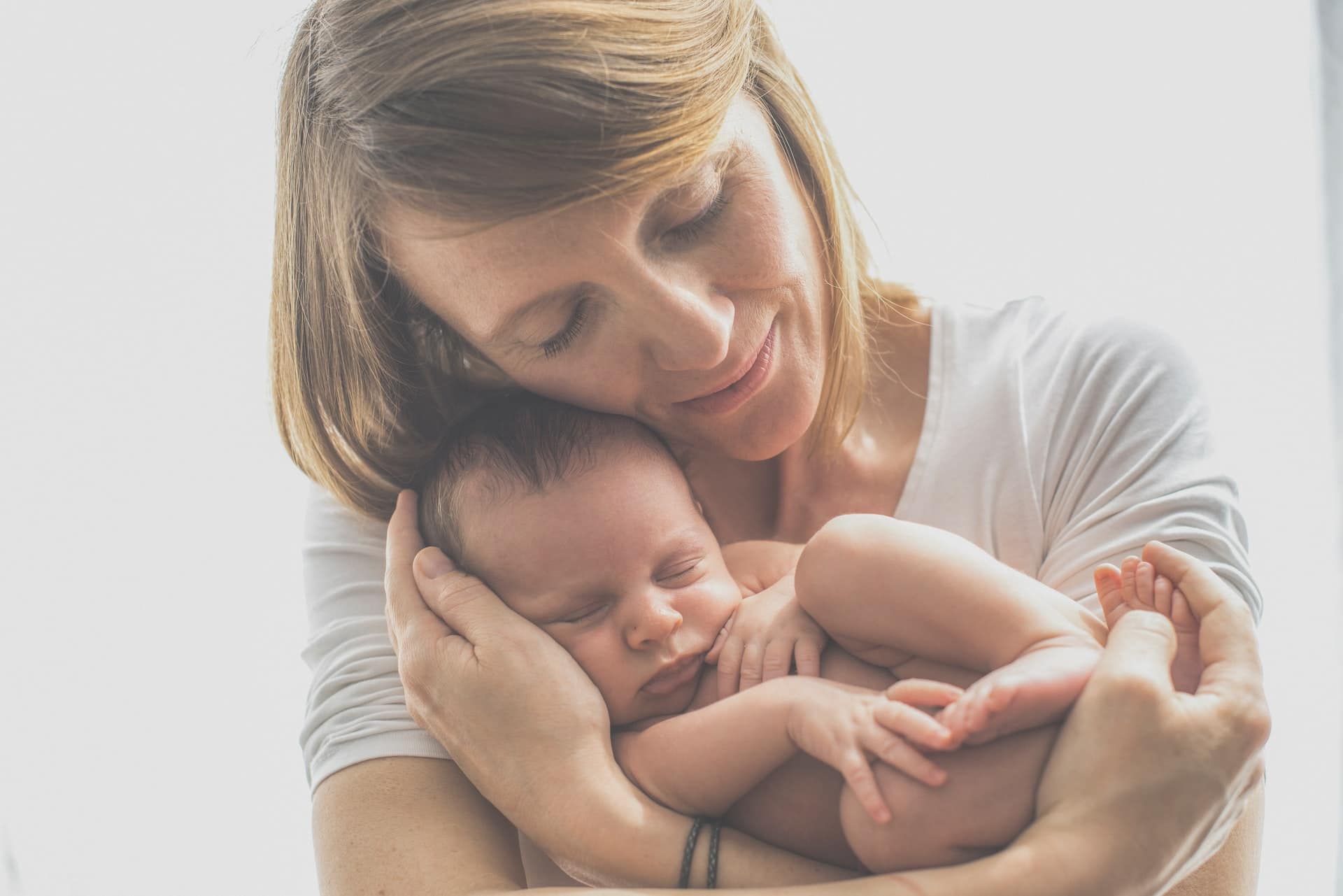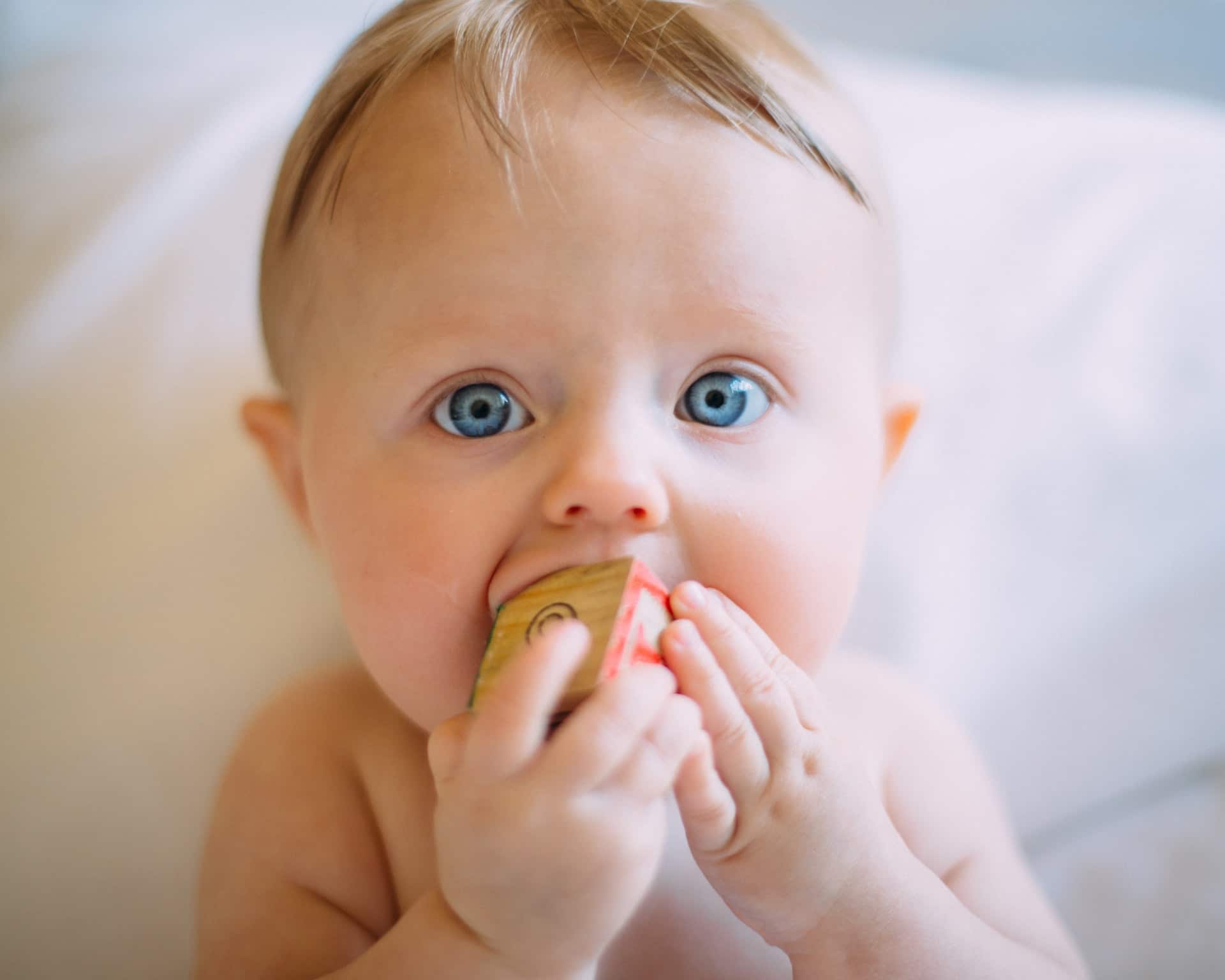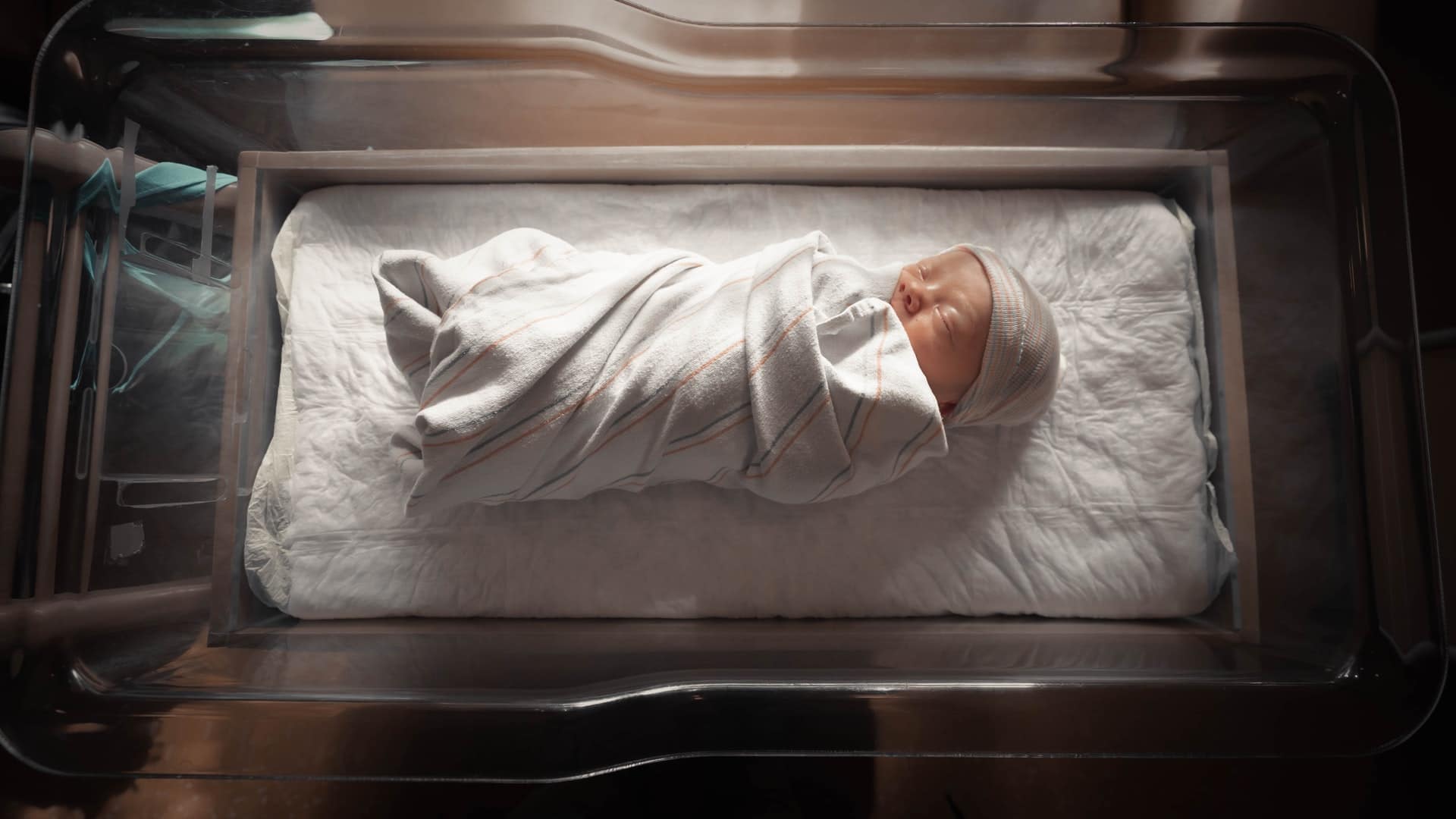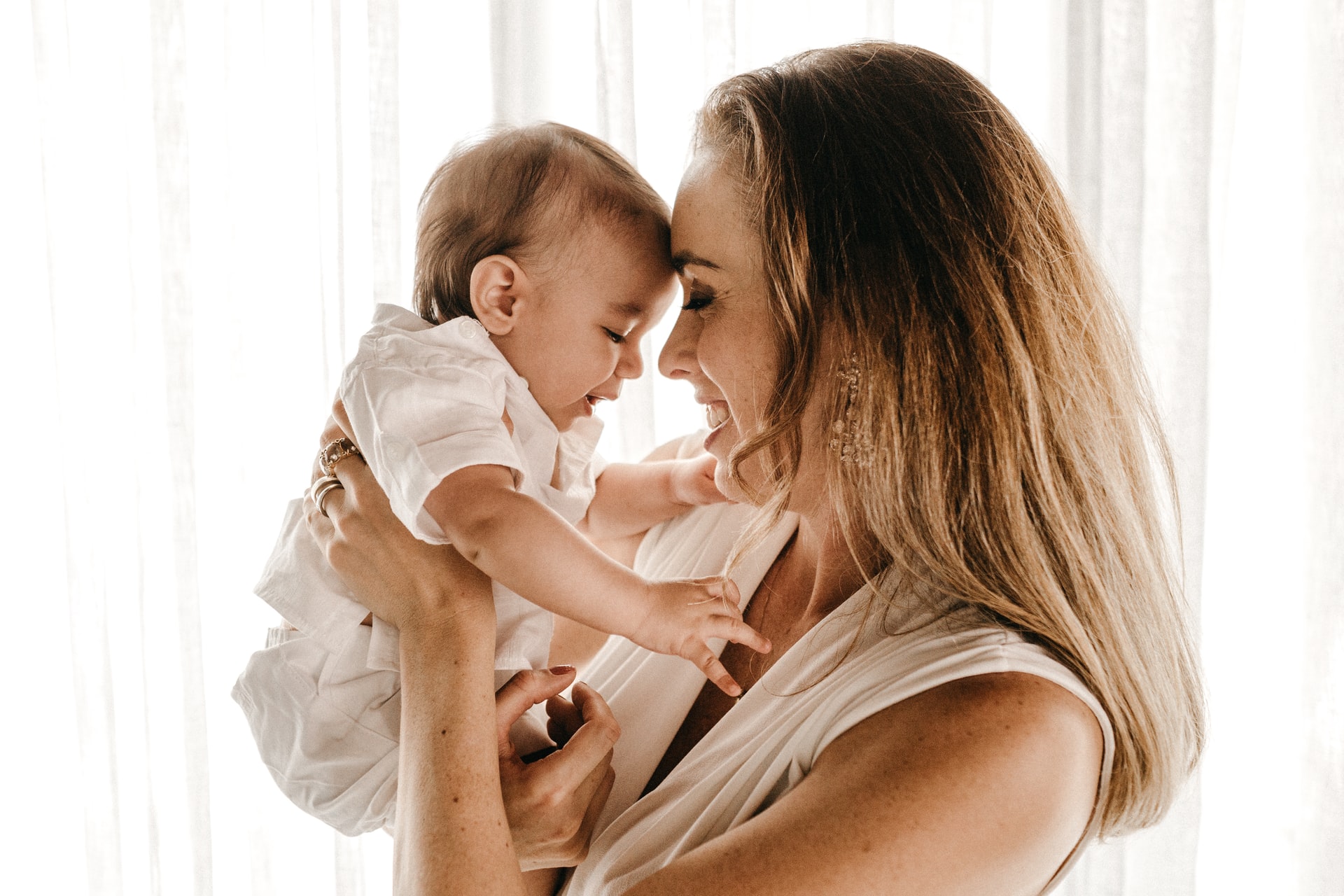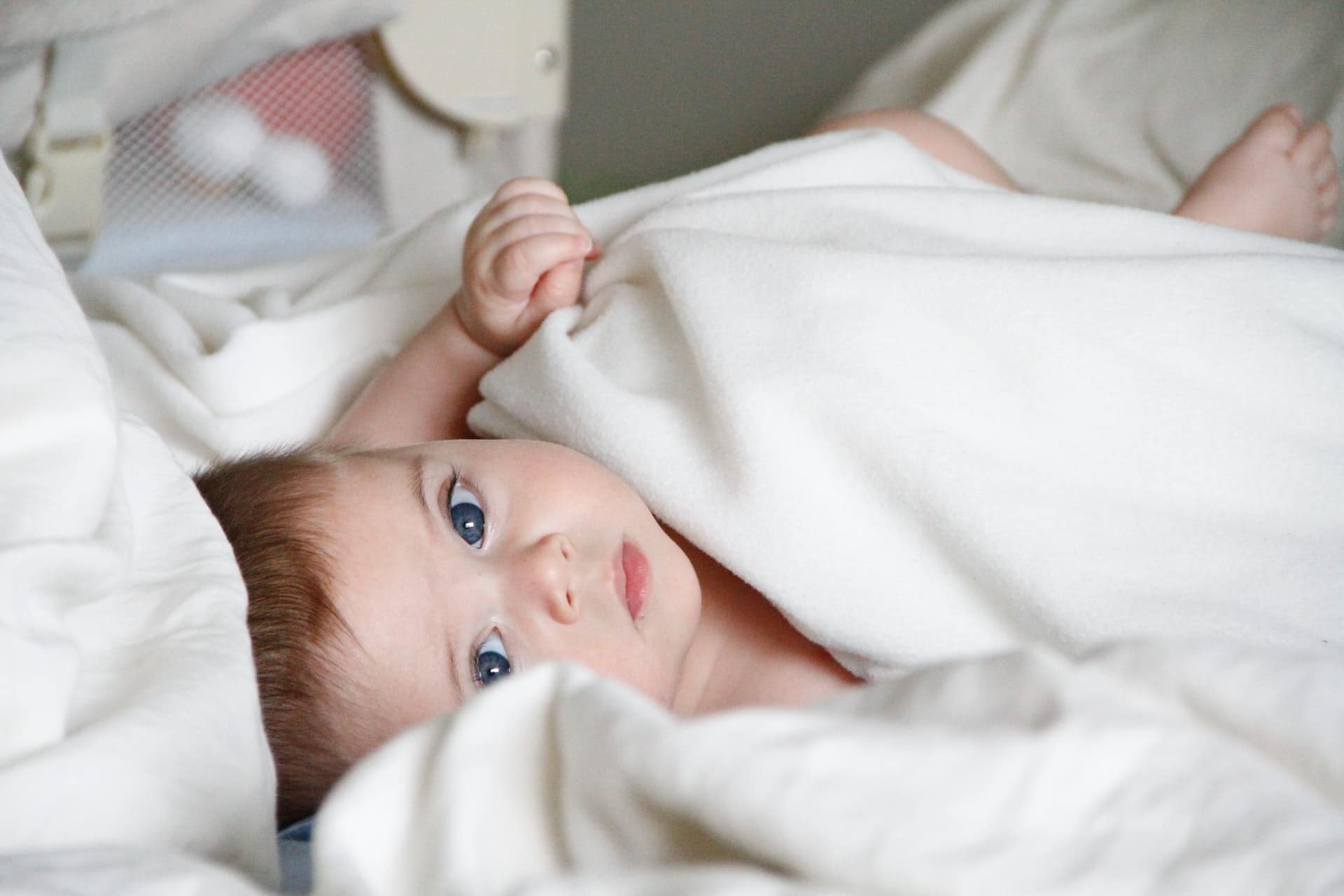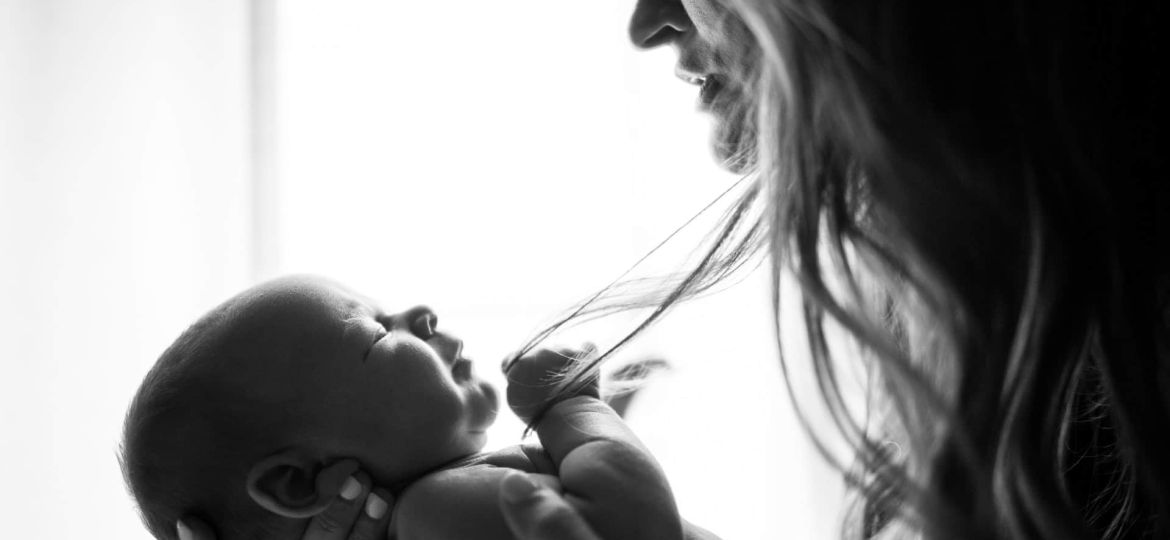
You became a mother a few months ago and your baby fills you with happiness. Unfortunately, your daily life is much more difficult than you imagined. Although your family and friends assure you that your child is a real angel, you have the impression that he turns into a demon when he comes into contact with you. Your little one throws one tantrum after another and you start to think that he hates you. Do you know that your baby’s behavior is completely normal? Don’t worry. We’ll explain it all to you.
The need for attachment
In order to develop, a child needs to have his or her primary needs met, such as eating, sleeping and playing, but not only that. Indeed, for your baby to grow up serenely, it is essential to meet his emotional needs. Thus, when your little one is in a situation of distress (fear, anger, sadness, pain…), he will naturally approach the person who takes care of him most often to find comfort and security. This person then becomes their main attachment figure. Most often, this is the mother.
Why doesn’t your child have a tantrum with Daddy, Grandma or Nanny?
During the day, your child will accumulate tensions. Frustrations, annoyances or various emotions will make your child’s pressure rise like in a pressure cooker. At some point, the pressure will be so great that the lid will pop off. And who will be there to catch the lid? You, of course, his attachment figure!
With you, your child feels safe and can unload their emotions. He trusts you and knows that, whatever he does, you will accept and protect him. So if your child has a tantrum every night after coming home from daycare, it’s normal. He needs you to calm him down and find serenity.
Note that love has nothing to do with it. Your baby probably loves his daddy as much as you do. Simply, by taking care of him more often, you are his reference point and his pillar for moving forward in complete security. Moreover, a child sometimes has several attachment figures.
A step towards autonomy
Contrary to what you might think, systematically responding to your child’s emotional needs will not make him dependent. On the contrary, the more you welcome his tantrums, the more autonomous your child will become.
In fact, toddlers need to explore the world around them in complete safety. And what better way to discover life than to have a solid base to fall back on in case of danger. This way, your baby can feel safe in his curiosity because he knows you’re with him.
How do you handle the situation?
From now on, you’ll feel happy knowing that your baby trusts you. But still, dealing with the day-to-day crises is very difficult. You’re wondering how to react. At first, think that if he’s acting like this with you, he knows you love him unconditionally. This will help you calm down.
Next, take time to acknowledge his emotion. Tell him you know he’s angry/sad/anxious and that you understand. If he accepts it, you can give him a hug. He will then quickly regain his composure. If he refuses, stay close to him until the storm passes. You will see, he will surely come to you to calm down.
And remember, the more you respond to your baby’s emotional needs, the easier it will be for him to overcome his emotions.
I’m a dad and my baby is more difficult with me
Although mom is often the baby’s attachment figure, sometimes other people are. For example, if you’re a stay-at-home dad, or you’re much more involved with the child than mom is, then you’ll be the baby’s primary attachment figure, and it’s to you that your child will turn to vent.


